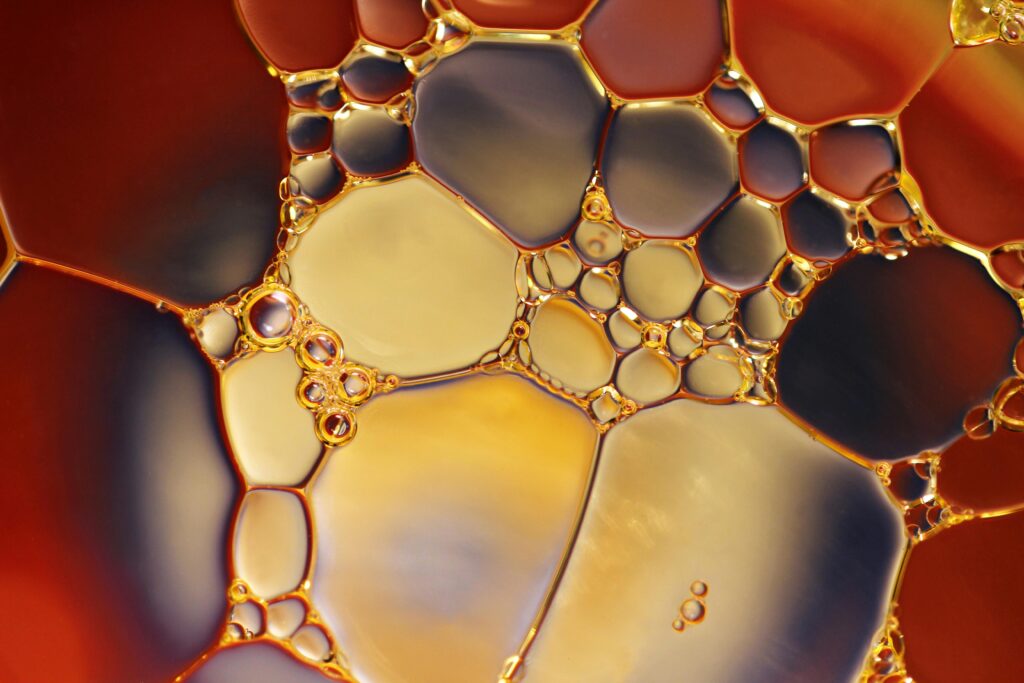When you hear the word “oil” in English, you might think of cooking or mechanics. But in Chinese pop culture, the word “油” (pronounced yóu) has taken on an unexpected meaning. It’s no longer just about what’s in your wok — it’s a powerful slang term loaded with social commentary. This article explores how “oily” became a modern critique of certain behaviors and why it’s resonating across Chinese society today.
1. From Frying Pans to Social Criticism
Traditionally, “油” simply referred to cooking oil or lubrication. However, over time — especially with the rise of internet discourse — it has evolved into a metaphor for people who come across as slick, artificial, or performative. Think of someone who smiles too much, flatters excessively, or dresses like they’re trying too hard to look young — that’s “oily.”
This metaphor captures a certain discomfort: a sense that what you see is not what you get.
2. What Makes Someone “Oily”?
Not everyone is labeled “oily” for the same reasons, but several recurring traits have been identified:
| Trait | Description |
|---|---|
| Overly Polished Speech | Talks in clichés, compliments too much, lacks authenticity. |
| Forced Youthfulness | Dresses in a way that’s clearly trying to look younger, often in flashy ways. |
| Exaggerated Manners | Behaves in a theatrical or self-important manner. |
| Lack of Self-Awareness | Unaware of how others perceive their “slick” behavior. |
| Insincere Flattery | Uses charm or charisma in a way that feels manipulative or rehearsed. |
The term is most commonly applied to middle-aged men — especially those in media or leadership roles — but it can be used for anyone whose behavior feels overdone.
3. Why “Oily” Resonates So Strongly
This term has caught fire in part because it reflects a deeper shift in Chinese values. Modern audiences increasingly prioritize authenticity, humility, and substance. The “oily” figure, by contrast, is someone who seems to lack all of these — someone who tries too hard to impress, but ends up doing the opposite.
There’s also a generational aspect: younger people often use the term to criticize outdated styles of masculinity — ones rooted in power posturing, excessive confidence, or forced charm.
4. Can Foreigners Be “Oily”?
Yes, but unintentionally. While most foreigners are exempt from these cultural judgments, some behaviors may still come across as “oily” if they are seen as trying too hard or being overly flattering without sincerity.
Tips to Avoid Appearing “Oily”:
- Be natural and don’t overplay politeness.
- Avoid excessive compliments or self-promotion.
- Listen more than you speak, especially in unfamiliar cultural settings.
- Dress respectfully but not overly flashy in formal settings.
5. A Mirror for Self-Reflection
Calling someone “oily” might sound harsh, but it reflects a larger cultural ideal: the desire to be genuine rather than performative, thoughtful rather than loud, and comfortable in one’s own skin.
In a society where image and expression are increasingly scrutinized, “oiliness” isn’t just about appearance — it’s about character. Understanding this term can help us see what modern Chinese culture is really aspiring to: integrity, ease, and understated charm.
